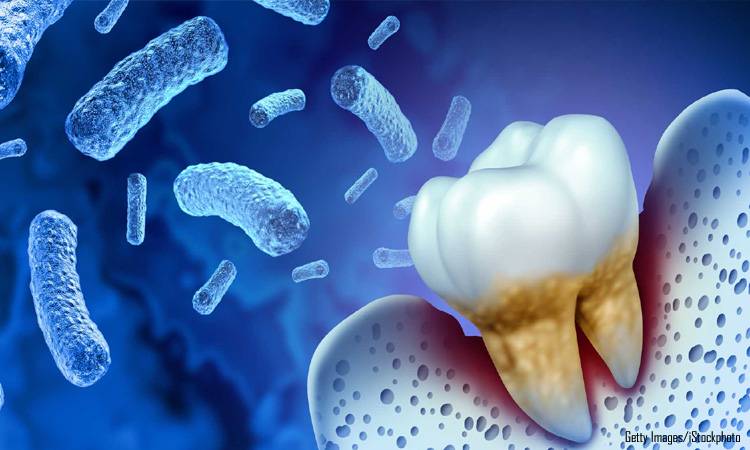
A tooth infection may seem relatively harmless, but if left unattended, it may spread to other parts of the body, resulting in severe and possibly life-threatening complications.
What happens when a tooth infection spreads?
This collection of bacteria and pus inside the tooth must be managed immediately to minimise the possibility of infection spread. In most cases, tooth infections are easy to treat. However, in the case of delays, the infection may spread to the face and neck region. Severe infections may find their way to more distant parts of the body and may even affect multiple organs and systems. Some complications include:
Osteomyelitis: Infection of the bone surrounding the tooth.
Cellulitis: Infection of the skin and fat directly beneath the skin.
Parapharyngeal abscess: Abscess at the back of the mouth.
Cavernous sinus thrombosis: Infection of the blood vessels within the sinuses.
Sepsis: A severe and potentially life-threatening medical condition in which the immune system overreacts to an infection in the blood.
Signs and symptoms
The following symptoms may indicate the spread of a tooth infection to another part of the body.
· Swelling of the face, cheeks, and neck
· Fever
· Itching or burning sensation on the skin
· Vomiting
· Nausea
· Severe headache
· Confusion
· Drooping eyelids
· Difficulty breathing
· Double vision or loss of vision
When to consult a doctor
It is recommended that one consult a professional at the first sign of a tooth infection. Early treatment prevents the infection from becoming worse and spreading into other tissues.
A tooth infection that has spread is considered a medical emergency, and it may potentially develop into life-threatening systemic infections. Timely treatment can help resolve the issue and prevent any further damage.
Treatment
Possible treatments for tooth infections include the following:
Root canal treatment
Root canal treatments (RCT) treat abscesses inside the tooth. RCTs involve drilling inside the tooth to eliminate any accumulated pus and bacteria at the tooth’s root. The drilled space is then filled and restored with a crown.
Apicoectomy
An apicoectomy, i.e., a root-end resection, may be performed when an RCT is insufficient to treat tooth infection. An apicoectomy involves the removal of the end of the tooth root and any infected tissue via the gums.
Antibiotics
Antibiotics may be prescribed to help reduce the infection and prevent it from spreading. In cases where the infection has already spread, a prolonged course of antibiotics may be prescribed.
Drainage
Sometimes, pus must be drained directly from the infection site.
Treatment of sepsis
Sepsis is a severe medical condition in which the immune system overreacts to an infection in the blood. Sepsis, if left untreated, may lead to septic shock, characterised by dangerously low blood pressure, organ failure, and possibly even death.
People with sepsis need urgent medical attention and treatment in an intensive care unit. Treatment for sepsis typically involves intravenous antibiotics and fluids, along with dialysis or surgery to support other organs and limit the damage done by the infection.
How to prevent a tooth infection
The chances of developing a tooth infection can be reduced by doing the following:
· Brushing twice daily using a fluoride toothpaste
· Avoiding rinsing or drinking anything right after toothbrushing
· Using floss or interdental brushes minimum once daily
· Limiting sugary food and drink intake
· Regular dentist visits

Dr Sonia Sameen
The author is contributing writer at Dental News Pakistan and can be reached at live.va939@hotmail.com

